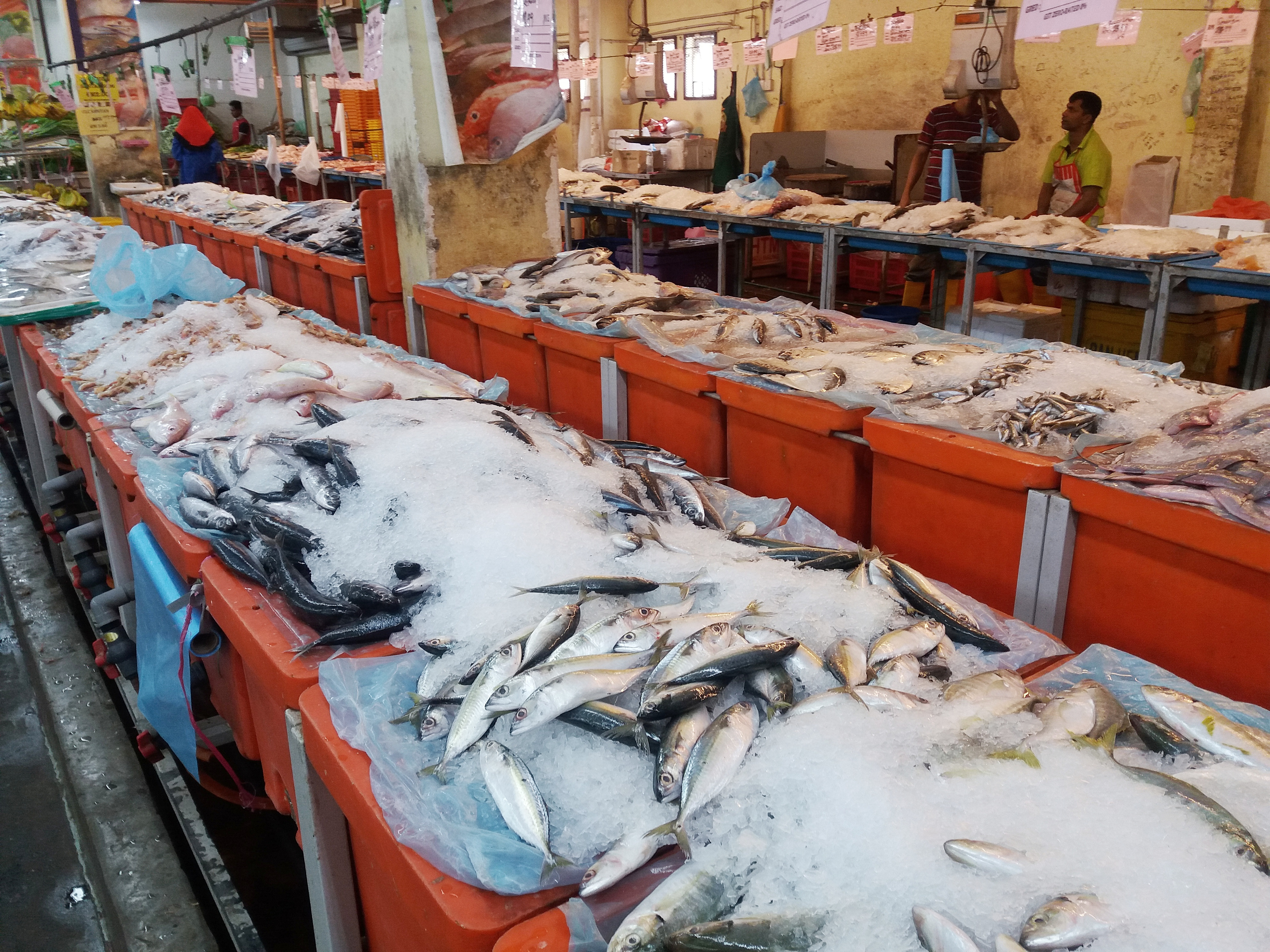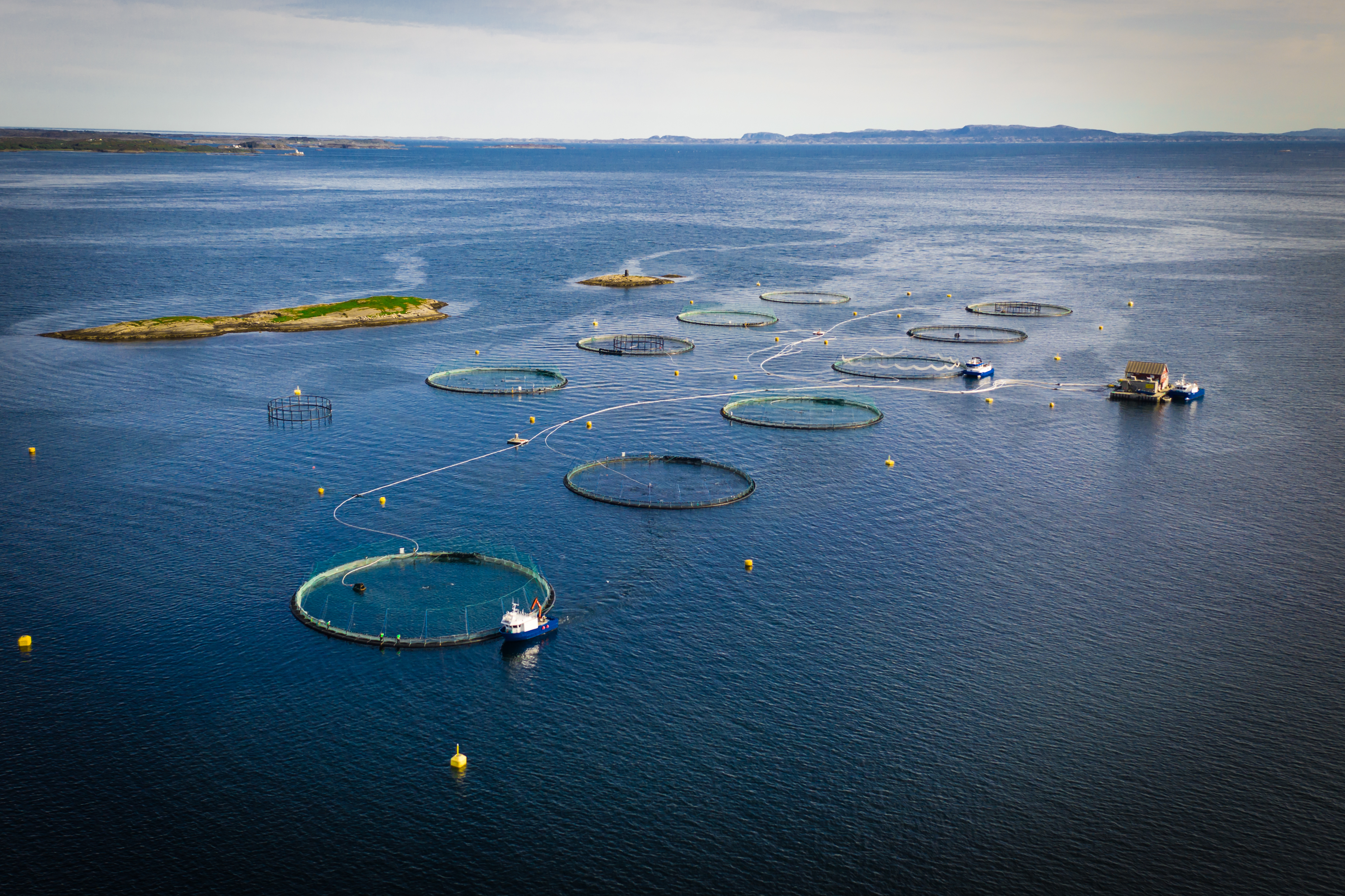- Case study: Development of an Aquaculture Industry in Seychelles (PDF)
- Case study: Addressing and Assessing the Environmental Performance of Marine Offshore Aquaculture in Cyprus (PDF)
- Case study: Best Management Practice Training for Egyptian Fish Farmers Managed by WorldFish Under the IEIDEAS and STREAMS Projects (PDF)
Cyprus has practiced aquaculture for nearly half a century. It has stepped forward as the Commonwealth Blue Charter Champion on Aquaculture, offering expertise in creating sector-wide policies driven by sustainable development and an emphasis on quality and hygiene of aquaculture products.
The Commonwealth Blue Charter recognises the importance of managing marine resources effectively. Aquaculture, practiced sustainably and responsibly, supplies nutritious food for an ever-increasing global population, easing the strain on fish stocks while creating jobs and improving people’s well-being.
Since 2014 – and for the first time on record – people have been consuming more farmed aquatic products than catches from the wild.
The state of the world’s marine resources has not been improving; about a third of commercial fish stocks are now fished at biologically unsustainable levels. So aquaculture plays a vital role to satisfy increasing demand from world population growth.
Globally, aquaculture is the fastest-growing sector of food production, with an average annual growth rate of 6-8 per cent. It has a key role to play in addressing food and nutrition security, sustainable economic development, marine resource management, and health issues in Commonwealth countries.
In 2016, aquaculture generated 80 million tonnes of food fish, worth more than $230 billion at first sale, along with 30 million tonnes of plants and 38 thousand tonnes of non-food products such as pearls and shells, valued at $215 million. Fish remains a major source of protein for humans and aquaculture produces an average of 10kg of fish per person each year.
Almost all fish produced through aquaculture is destined for human consumption

Fish makes up over half of total animal protein intake among populations in Bangladesh, Ghana, The Gambia, Sri Lanka, Sierra Leone and some small island developing states

Five Commonwealth countries – India, Bangladesh, Malaysia, Nigeria and the United Kingdom – sit among the top 25 producers of farmed species in the world. Asia (specifically China) dominates global aquaculture production, but developing countries such as Papua New Guinea in the Pacific and Nigeria, Uganda, Kenya, Zambia and Ghana in Sub-Saharan Africa have become significant producers in their regions.
Aquaculture as an activity has the potential to:
- contribute towards food security;
- provide high-quality, healthy products;
- provide employment opportunities and income; and
- be environmentally sustainable.
The sector is critical to fulfilling Sustainable Development Goal (SDG) 14 of the 2030 Agenda: to conserve and sustainably use the oceans, seas and marine resources for sustainable development. It is also linked to other SDGs, including SDG 1 (No Poverty), SDG 2 (Zero Hunger), SDG 3 (Good Health and Well-Being), and SDG 8 (Decent Work and Economic Growth).
Notwithstanding the positive effects aquaculture can have, there are also serious environmental risks and challenges that must be managed carefully, including disease outbreaks, coastal degradation and unsustainable feeding practices.
